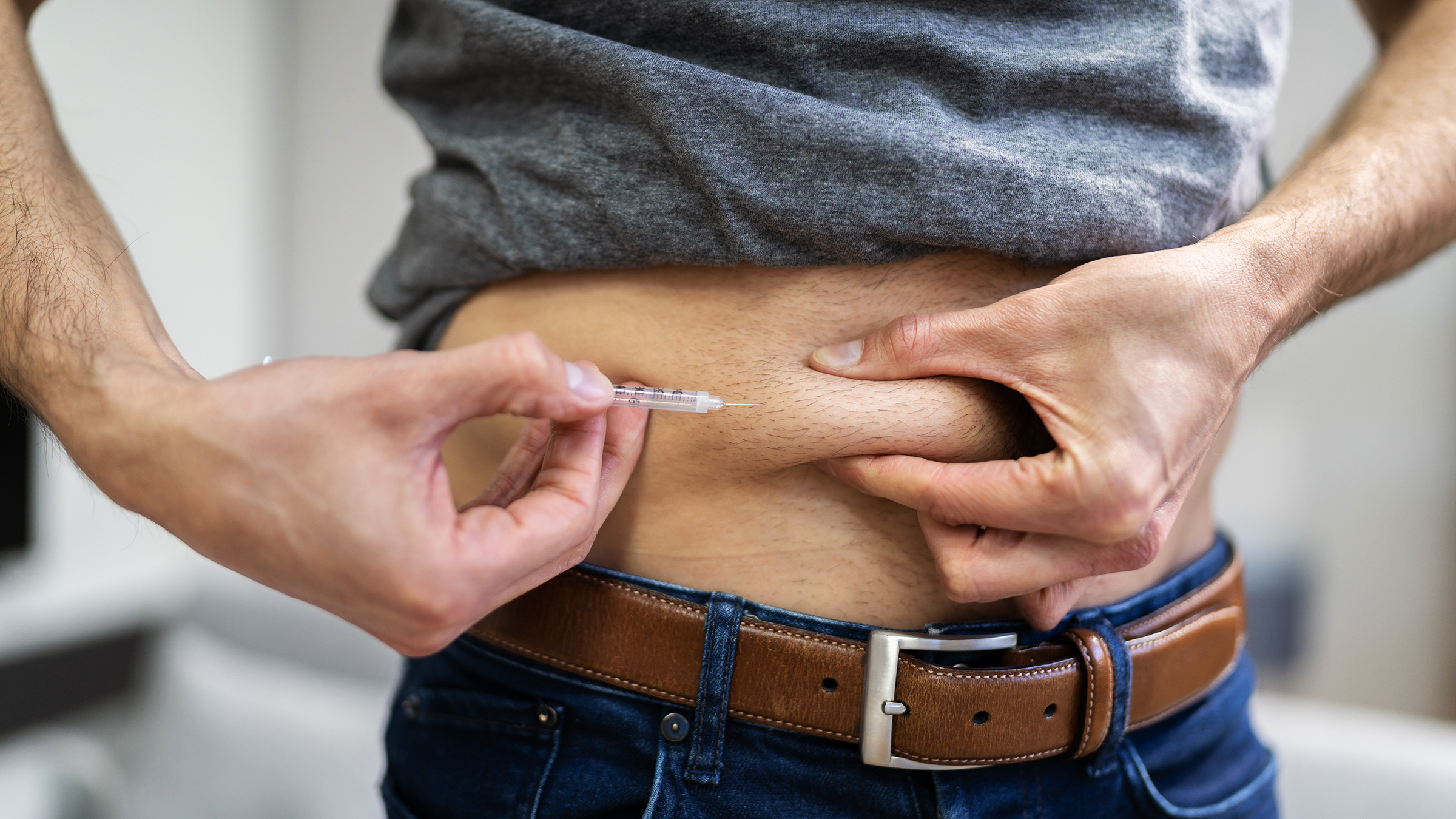The world of hormones can be confusing, and many people don’t know the difference between HCG and testosterone. Understanding the connection between the two is essential to improving your overall health and well-being. HCG (human chorionic gonadotropin) is a hormone that is found in both men and women, but it is most commonly associated with pregnancy. Testosterone, on the other hand, is a hormone primarily found in men that is responsible for a variety of processes, such as muscle growth, energy levels, and sex drive. In this article, we will discuss the connection between HCG and testosterone production and how they work together to improve your health low testosterone clinic near me.
One of the main functions of HCG in the body is to stimulate the production of testosterone. HCG does this by mimicking the actions of luteinizing hormone (LH), which is a hormone that signals the testes to produce testosterone. When HCG binds to the LH receptors in the testes, it causes an increase in testosterone production. This is why HCG is commonly used in men who have low testosterone levels or who are undergoing testosterone replacement therapy.
Another way that HCG affects testosterone production is by preventing testicular shrinkage. When a man’s body doesn’t produce enough testosterone, the testes can shrink in size. HCG helps to prevent this by stimulating the Leydig cells in the testes to produce more testosterone. By keeping the testes functioning properly, HCG helps to maintain healthy testosterone levels in the body.
HCG is also believed to increase sperm production in men. Testosterone plays a crucial role in sperm production, and low testosterone levels can lead to infertility. HCG helps to increase testosterone levels, which in turn can improve sperm count and motility. This is why HCG is sometimes used in men who are experiencing fertility problems.
When HCG and testosterone work together, they can produce significant health benefits. For example, men who have low testosterone levels often experience a variety of unpleasant symptoms, such as fatigue, low sex drive, and muscle weakness. By using HCG to increase testosterone levels, these symptoms can often be improved or eliminated.
Testosterone production is a crucial factor in maintaining a man’s strength, energy, and overall health. However, many individuals struggle with low testosterone levels, leading to significant problems such as decreased libido, weight gain, and even depression. In recent years, human chorionic gonadotropin (HCG) therapy has gained popularity as an excellent way to increase testosterone levels. But how does HCG do it, and what is its connection to testosterone production? In this blog, we will discuss everything you need to know about the relationship between HCG and testosterone production.

HCG is a hormone produced in the placenta that helps maintain a woman’s pregnancy. However, it is also found naturally in men’s bodies, where it plays a critical role in stimulating the testes to produce more testosterone. When HCG is injected into the body, it mimics the action of luteinizing hormone (LH), which is released by the pituitary gland. LH is responsible for telling the testicles to produce testosterone, and HCG can do the same thing.
One of the most significant benefits of using HCG therapy for testosterone production is that it can help prevent the negative effects of low testosterone. This can include decreased libido, increased body fat, and difficulty gaining muscle mass. By boosting testosterone levels, HCG can help reverse these effects, leading to an overall increase in energy, strength, and well-being.
While HCG therapy can be a powerful tool for increasing testosterone levels, it is essential to remember that it is not a replacement for testosterone replacement therapy (TRT). TRT involves the use of synthetic testosterone to boost testosterone levels, while HCG therapy works by stimulating natural testosterone production. HCG is often used in conjunction with TRT to maintain testicular function and prevent testicular shrinkage, which can occur when synthetic testosterone is used alone.
HCG therapy can be especially beneficial for men who are looking to conceive, as it can help maintain fertility by stimulating the production of sperm. Low testosterone levels can result in decreased sperm count and decreased quality, making it difficult to conceive. By increasing testosterone levels through HCG therapy, men may be able to increase their chances of conception.
It is also essential to remember that HCG therapy should only be used under the supervision of a healthcare provider, as it can have side effects if not used correctly. Some possible side effects include acne, headaches, and breast enlargement (in rare cases). Your healthcare provider can help you determine if HCG therapy is right for you and help you monitor any potential side effects.
Conclusion:
In conclusion, HCG and testosterone are two hormones that work together to improve your overall health and well-being. By increasing testosterone production, HCG can help to improve your energy levels, muscle growth, and sex drive. HCG can also prevent testicular shrinkage and improve sperm production. If you are experiencing low testosterone levels, consider talking to your doctor about using HCG to help improve your hormone levels and overall health. Understanding the connection between HCG and testosterone production is the first step to achieving a healthier, happier you.
In conclusion, HCG therapy can be a safe and effective way to increase testosterone levels and improve overall health and well-being. By mimicking the action of LH and stimulating natural testosterone production, HCG can help prevent the negative effects of low testosterone and even promote fertility. However, it is essential to remember that HCG therapy should only be used under the supervision of a healthcare provider to ensure safety and efficacy. If you are considering HCG therapy, speak to your healthcare provider to determine if it is the right option for you.









